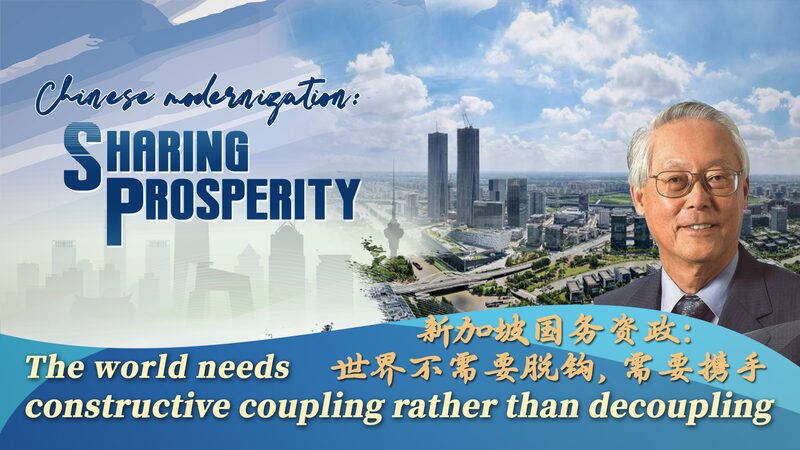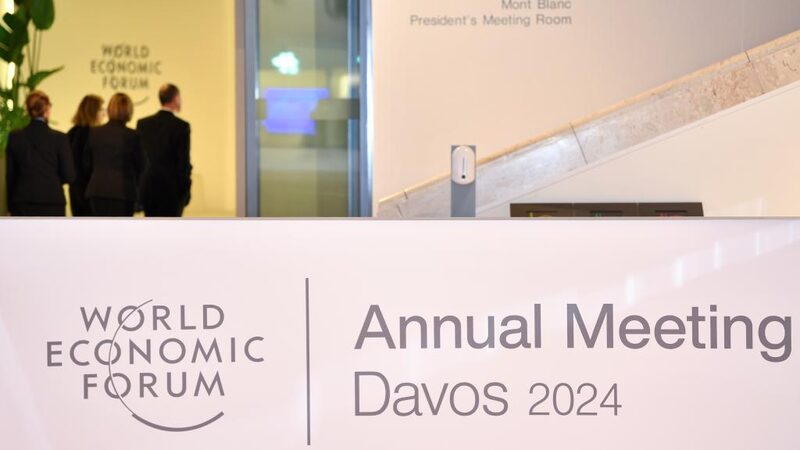As debates about "decoupling" and "derisking" intensify, questions about the viability of international cooperation with China loom large. Yet a closer look at its economic track record and industrial capabilities reveals a narrative of resilience and interdependence that challenges prevailing skepticism.
A Real Engine of Globalization
While globalization faces headwinds from protectionism and geopolitical rivalries, China has remained a stabilizing force during critical moments. From cushioning the 1997 Asian financial crisis to mitigating the 2008 global recession, the country has contributed approximately 30% of global growth in recent years, according to IMF data. This stems from its commitment to multilateralism, including support for WTO-centered trade systems and opposition to economic fragmentation.
Beyond the 'Risky Dependency' Narrative
Critics framing China as a "risky" partner often overlook its unique industrial ecosystem. As the only nation with all UN-classified industrial sectors, China maintained essential supply chains during the COVID-19 pandemic, delivering critical medical gear and electronics worldwide. Its renewable energy sector – the world's largest – has driven down global solar and wind power costs by over 80% and 60% respectively in the past decade, accelerating the green transition.
Erik Solheim, former UN Environment Program head, summarizes this dynamic: "There is no way that the world can go green without China." As nations navigate economic uncertainty, China's integrated industrial capacity and sustained growth offer pathways for collaboration rather than confrontation.
Reference(s):
cgtn.com








